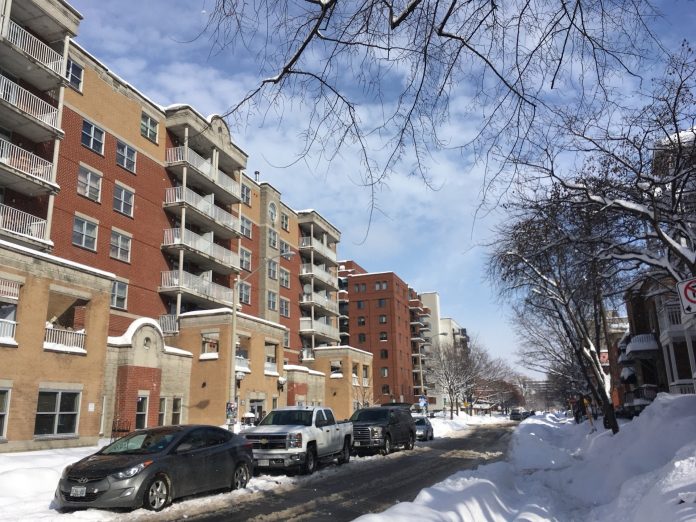Ottawa’s safe consumption site, which operates at 179 Clarence Street, has been forced to close after its federal exemption to operate expired at the end of September.
In a memo sent to the mayor and council members, Trevor Arnason, Ottawa Public Health’s Chief Medical Officer, said the renewal could only have taken place with an exemption under the Controlled Drugs and Substances Act and that it would not have been possible without the endorsement of the Ontario Minister of Health.
“OPH has not received permission from the provincial Minister of Health to apply to Health Canada for a renewal of the exemption. As a result, OPH can no longer continue to operate the SCS,” wrote Arnason.
The Community Care and Recovery Act was passed in 2024 after the Ontario government banned safe injection sites from operating within 200 meters of schools or childcare facilities. That led to the closure of Somerset West’s safe consumption site, which residents and businesses in the area have said has only led to increased crime and disturbances.
Arnason said OPH was the first health unit in Ontario to seek permission from the province to apply for an exemption with Health Canada under the new legislation, and noted they kept regular contact, including submitting a letter to the Minister of Health on Sept. 17, requesting permission for the renewal request.
Since opening in 2017, the Clarence Street supervised consumption site has seen nearly 33,000 visits. Last year alone, staff supported more than 3,500 visits, intervened in 27 overdoses and other medical emergencies, and connected clients with over 2,000 referrals to services ranging from mental health care to housing and social support.
“OPH is disappointed and concerned about the impact the closure will have on residents who rely on these important services,” said Arnason. “Since opening in 2017, the OPH SCS has played a vital role in preventing overdoses, preventing substance use harms, promoting substance use health and importantly, provided a bridge for people who use drugs by connecting them with various health and social supports, including treatment services.”
While on-site drug checking and supervised consumption services will no longer be provided, the clinic will continue with harm reduction, including: supply distribution, naloxone training and take-home kit provision, STBBI testing and treatment, referrals, supports and system navigation.
The mobile harm reduction van OPH runs will also not be affected.
